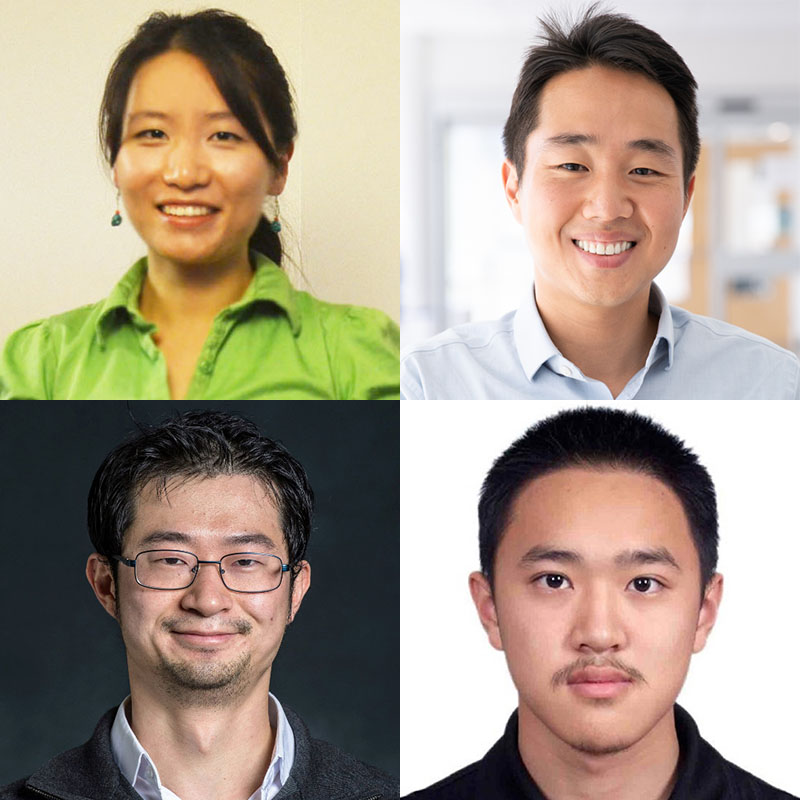
SCS Faculty Receive Nearly $2.5M in NSF CAREER Awards
By Aaron Aupperlee
Four Carnegie Mellon University researchers in the School of Computer Science recently received Faculty Early Career Development Program awards from the National Science Foundation.
The nearly $2.5 million will further research in deep learning, the safety of robots and autonomous systems, software engineering, and machine learning for healthcare. The NSF Faculty Early Career Development Program, commonly known as CAREER awards, is the foundation's most prestigious for young faculty members.
Changliu Liu, an assistant professor in the Robotics Institute, was awarded nearly $745,000 for research to improve the safety of autonomous systems operating closely with humans. The work will develop a new algorithmic framework to assure the safety of robotic systems that optimizes performance when safety can be managed, anticipates and compensates for inevitable failures when it cannot, and learns from past mistakes. Liu, who presented work to President Joe Biden during his recent visit to CMU, will partner with the Advanced Robotics for Manufacturing Institute, the Girls of Steel Robotics program, and the Choate Rosemary Hall college-preparatory school for internship opportunities and to broaden participation in the research.
Eunsuk Kang, an assistant professor in the Institute for Software Research, will receive more than $500,000 to develop formal theories and tools for designing robust software systems. The research aims to improve the robustness of safety-critical systems, such as medical devices and industrial control systems, by enabling their critical operations even in the presence of faulty or unexpected environmental events.
George Chen, an assistant professor of information systems in the Heinz College who is affiliated faculty in the Machine Learning Department (MLD), was awarded nearly $585,000 to develop new real-time machine learning models for healthcare that could help hospitals predict the length of patient recovery and hospital stays. The research will be used to assist medical transport and clinical exam room scheduling systems, and has the potential to make patient care more personalized and improve how hospitals use their resources.
Yuanzhi Li, an assistant professor in MLD, will receive more than $640,000 to study how deep learning neural networks build representations from training data. The research seeks to advance deep learning methods while improving how they interpret and handle large amounts of data, ultimately allowing humans to better interact with deep learning models for broader applications such as self-driving cars.
More information about the NSF CAREER awards is available on the foundation's funding website.
